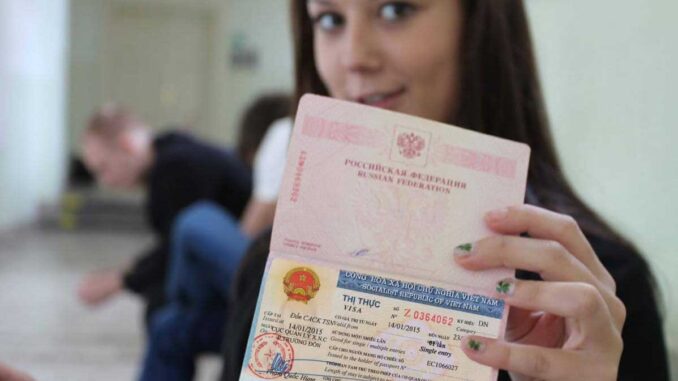
Vietnam is a beautiful country located in Southeast Asia, famous for its stunning landscapes, rich history, and cultural heritage. If you’re planning to visit Vietnam, it’s important to familiarize yourself with their immigration and visa requirements. In this guide, we’ll go over everything you need to know about immigration in Vietnam.
Who Needs a Visa to Enter Vietnam?
Vietnam is a popular tourist and business destination in Southeast Asia, attracting millions of visitors every year. However, not everyone can enter Vietnam without a visa. The
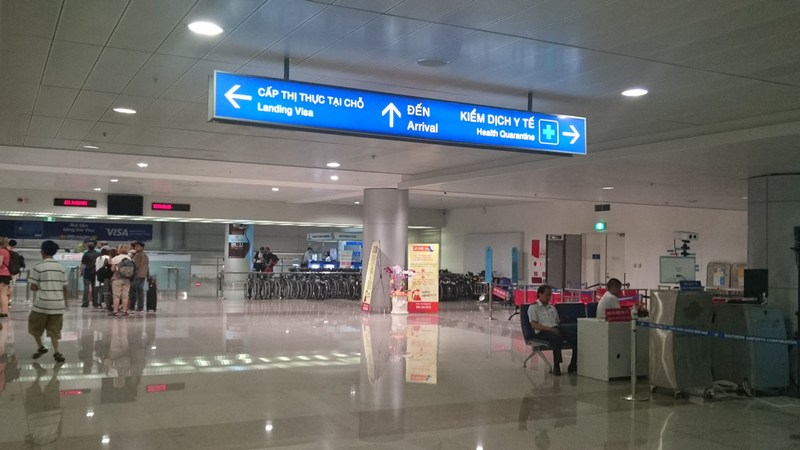
Vietnamese government has established visa requirements to regulate the entry and stay of foreign nationals in the country. In this article, we’ll discuss who needs a visa to enter Vietnam and the different types of visas available.
- Visa Exemption Vietnam has established visa exemption agreements with several countries, which allows citizens of those countries to enter Vietnam without a visa for a certain period of time. Currently, citizens of 24 countries, including Thailand, Singapore, Indonesia, and Malaysia, can enter Vietnam for up to 30 days without a visa. Citizens of some countries, such as Japan, South Korea, and Russia, can stay in Vietnam for up to 15 days without a visa.
- Visa on Arrival For citizens of countries that are not eligible for visa exemption, a visa on arrival (VOA) is available. This type of visa allows travelers to apply for a visa online and receive a visa approval letter by email. Upon arrival at a designated international airport in Vietnam, the traveler presents the visa approval letter and pays the visa stamping fee to obtain the actual visa.
- E-Visa Citizens of certain countries can apply for an electronic visa (e-visa) to enter Vietnam. The e-visa is a single-entry visa that allows a stay of up to 30 days. The application process is done online, and the e-visa is emailed to the applicant once approved. As of 2021, citizens of 80 countries, including the United States, Canada, and Australia, are eligible for e-visa.
- Regular Visa For those who need to stay in Vietnam for an extended period or for purposes other than tourism, a regular visa is required. This type of visa can be obtained at a Vietnamese embassy or consulate in the applicant’s home country. The regular visa can be a single-entry or multiple-entry visa, depending on the applicant’s needs.
In conclusion, whether you need a visa to enter Vietnam depends on your nationality and the purpose and duration of your stay. It’s important to check the latest visa regulations before traveling to Vietnam, and to apply for a visa well in advance to avoid any delays or complications. For more information on Vietnam visa requirements, you can check with the nearest Vietnamese embassy or consulate in your country or visit the website of the Vietnam Immigration Department.
List of Visa-Exempt Countries for Vietnam
- Vietnam has a list of visa-exempt countries that allow citizens of those countries to enter Vietnam without a visa for a certain period of time. The visa exemption policy is designed to promote tourism and business activities and to facilitate travel between countries. Here is a list of visa-exempt countries for Vietnam:
- ASEAN countries: Citizens of ASEAN countries, including Brunei, Cambodia, Indonesia, Laos, Malaysia, Myanmar, Thailand, and Singapore, can enter Vietnam without a visa for up to 30 days.
- Belarus: Citizens of Belarus can enter Vietnam without a visa for up to 15 days.
- Chile: Citizens of Chile can enter Vietnam without a visa for up to 90 days.
- Denmark, Finland, France, Germany, Italy, Japan, Norway, South Korea, Spain, Sweden, and the United Kingdom: Citizens of these countries can enter Vietnam without a visa for up to 15 days.
- Russia: Citizens of Russia can enter Vietnam without a visa for up to 15 days for each entry, with a maximum of 30 days per year.
- Cambodia, Thailand, and Laos: Citizens of these countries can enter Vietnam without a visa for up to 30 days if they have a valid passport and a return ticket.
- Philippines: Citizens of the Philippines can enter Vietnam without a visa for up to 21 days.
- Indonesia, Singapore, and Malaysia: Citizens of these countries can enter Vietnam without a visa for up to 30 days if they have a valid passport and a return ticket.
- South Korea: Citizens of South Korea can enter Vietnam without a visa for up to 15 days if they have a valid passport and a return ticket.
- Japan: Citizens of Japan can enter Vietnam without a visa for up to 15 days if they have a valid passport and a return ticket.
It’s important to note that the visa exemption policy may change, so it’s important to check with the Vietnamese embassy or consulate in your country or visit the Vietnamese government’s official website for the latest update on the visa exemption policy.
In summary, citizens of ASEAN countries, Belarus, Chile, Denmark, Finland, France, Germany, Italy, Japan, Norway, South Korea, Spain, Sweden, the United Kingdom, Russia, Cambodia, Thailand, Laos, the Philippines, Indonesia, Singapore, and Malaysia can enter Vietnam without a visa for a certain period of time. However, the visa exemption policy may change, so it’s important to check with the Vietnamese embassy or consulate for the latest update.
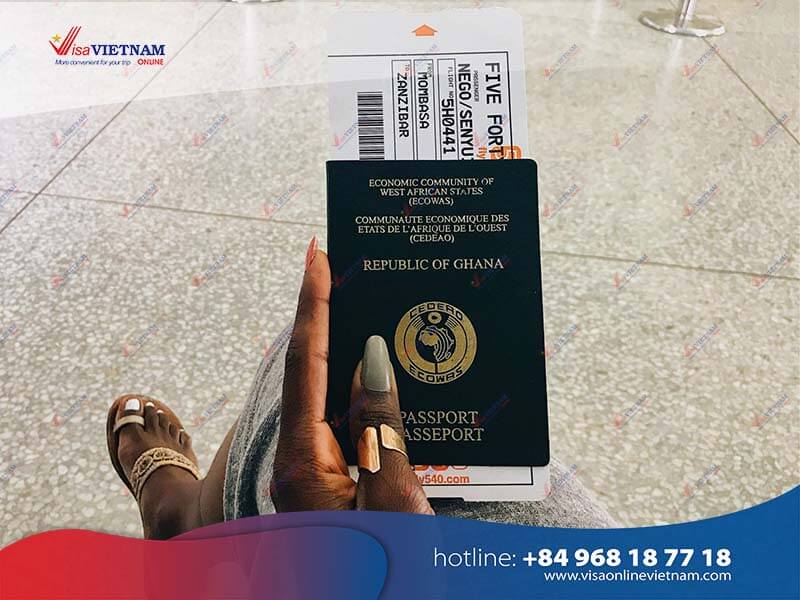
What Types of Visas Are Available for Vietnam?
There are various types of visas available for foreigners who want to enter Vietnam, depending on the purpose of their visit. Here are some of the most common ones:
Tourist Visa
A tourist visa is valid for up to 30 days and is granted to foreigners who want to visit Vietnam for tourism purposes, such as sightseeing, visiting friends or relatives, or attending cultural events.
Business Visa
A business visa is valid for up to 12 months and is granted to foreigners who want to visit Vietnam for business purposes, such as attending meetings, conferences, or trade fairs.
Student Visa
A student visa is valid for the duration of the course and is granted to foreigners who want to study in Vietnam.
Transit Visa
A transit visa is valid for up to 5 days and is granted to foreigners who are passing through Vietnam on their way to another country.
Diplomatic/Official Visa
A diplomatic/official visa is granted to foreign diplomats, officials, or their family members who are traveling to Vietnam for official purposes.
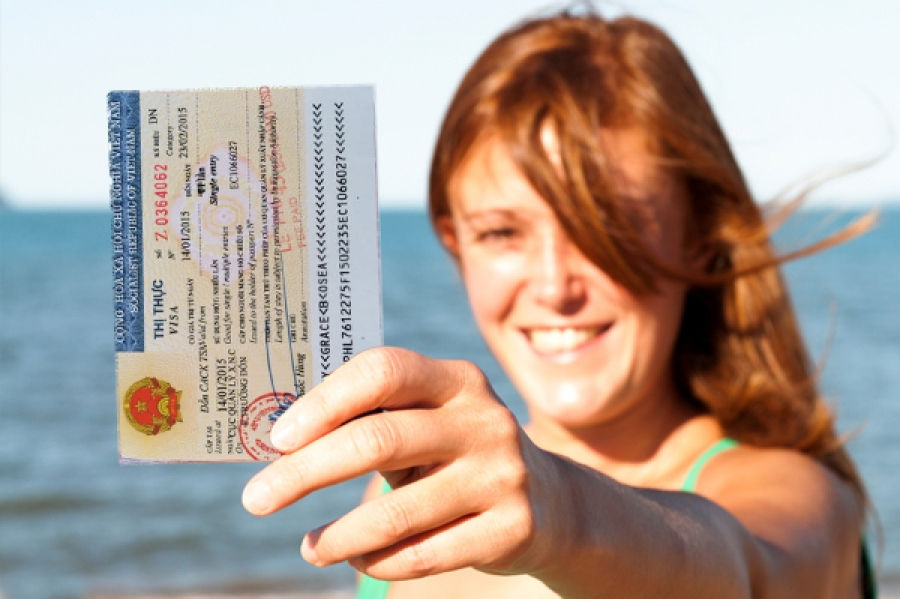
When Should You Apply for a Vietnam Visa?
Vietnam is a beautiful country with a rich culture and history, attracting millions of tourists every year. If you are planning to visit Vietnam, one of the most important things you need to consider is obtaining a Vietnam visa. A visa is a mandatory document that allows you to enter and stay in the country legally for a certain period of time. In this article, we will discuss when you should apply for a Vietnam visa.
Firstly, it’s important to know that there are two ways to obtain a Vietnam visa: through the Vietnamese embassy or consulate in your country, or through an online visa application service. The traditional way of obtaining a visa is by visiting the Vietnamese embassy or consulate in person, submitting the necessary documents, and waiting for the visa to be processed. However, this process can be time-consuming and expensive.
The second option is to apply for a Vietnam visa online, which is a more convenient and cost-effective method. You can apply for an e-visa or a visa on arrival (VOA) through a reputable online visa application service. An e-visa is a single-entry visa that allows you to stay in Vietnam for up to 30 days, while a VOA is a visa that you can obtain upon arrival at the airport in Vietnam.
Now, let’s discuss when you should apply for a Vietnam visa. If you are planning to visit Vietnam for tourism or business purposes, it’s recommended that you apply for the visa at least two to three weeks before your intended travel date. This will give you enough time to obtain the necessary documents, submit your application, and receive your visa.
If you are applying for a Vietnam visa through the Vietnamese embassy or consulate in your country, the processing time may vary depending on the embassy’s workload and your application’s completeness. Therefore, it’s important to check the embassy’s website or contact them directly to find out the processing time and any additional requirements.
If you are applying for a Vietnam visa online, the processing time is usually faster and more efficient. However, it’s still recommended that you apply at least one week before your intended travel date to avoid any last-minute issues.
In conclusion, obtaining a Vietnam visa is a necessary step if you plan to visit the country for tourism, business, or other purposes. You can apply for a visa through the Vietnamese embassy or consulate in your country, or through an online visa application service. It’s recommended that you apply for the visa at least two to three weeks before your intended travel date to ensure that you have enough time to obtain the necessary documents and receive your visa.

How to Apply for a Vietnam Visa?
There are different ways to apply for a Vietnam visa, depending on the type of visa you need and where you’re applying from. Here are some of the most common methods:
Applying for a Vietnam Visa Online
One of the easiest ways to apply for a Vietnam visa is online. You can apply for an e-visa or a visa on arrival, depending on your eligibility. To apply for an e-visa, you need to visit the official website of the Vietnamese government and follow the instructions. The processing time for an e-visa is typically 3-5 business days.
Applying for a Vietnam Visa at the Embassy or Consulate
Another option is to apply for a Vietnam visa at the nearest embassy or consulate of Vietnam in your home country. You can either submit your application in person or by mail. The processing time for a visa at the embassy or consulate may take longer than applying online.
Pros and Cons of Different Visa Application Methods
Each method for applying for a Vietnam visa has its own advantages and disadvantages, depending on the applicant’s needs and preferences. Here’s a summary of the pros and cons of each method:
Pros and Cons of Applying for a Vietnam Visa Online
Pros:
- Easy and convenient
- Faster processing time
- No need to visit an embassy or consulate in person
Cons:
- Limited eligibility for some countries
- May require additional documents or fees
- Strict application requirements
Pros and Cons of Applying for a Vietnam Visa at the Embassy or Consulate
Pros:
- Personal assistance and guidance from embassy or consulate staff
- More flexible payment options
- Ability to submit original documents
Cons:
- Longer processing time
- Inconvenient for those who live far from the embassy or consulate
- Additional expenses for courier services or travel costs

Alternatives to Applying for a Vietnam Visa
If you’re not eligible for a visa exemption or visa on arrival, there are other alternatives to consider when entering Vietnam.
Visa Extension
If you need to stay in Vietnam longer than your initial visa allows, you can apply for a visa extension. The Vietnam immigration department allows foreigners to extend their visas for up to 3 months without leaving the country.
Visa Renewal
If your visa has expired or is about to expire, you can apply for a visa renewal. This option is only available forcertain types of visas, such as business or tourist visas. You can renew your visa for another 1-3 months, depending on the type of visa and your eligibility.
Visa Run
A visa run is when you leave the country and re-enter to obtain a new visa. This option is common among foreigners who want to remain in Vietnam for longer periods but are not eligible for visa extensions or renewals. A popular destination for visa runs is Cambodia, which is a neighboring country of Vietnam.
Step-by-Step Guide: How to Extend Your Vietnam Visa
If you need to stay in Vietnam for more than the duration allowed by your visa, you can apply for a visa extension. Here’s a step-by-step guide on how to extend your Vietnam visa:
- Prepare the necessary documents for visa extension, including your passport, visa, and a completed application form.
- Visit the Vietnam Immigration Department office nearest to your location.
- Submit your application form and pay the visa extension fee.
- Wait for the processing time, which may take up to 7 business days.
- Once your visa extension has been approved, you will receive a new visa sticker that you need to attach to your passport.
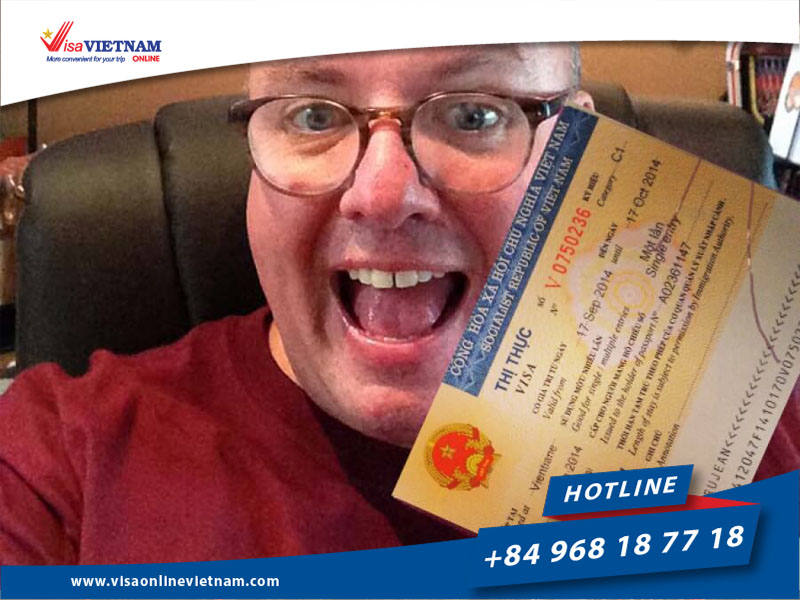
Comparison: E-Visa vs. Visa on Arrival
When applying for a Vietnam visa online, you have two options: e-visa or visa on arrival. Here’s a comparison of the two methods:
E-Visa
An e-visa is an electronic visa that allows you to apply online for a Vietnam visa. It is available for citizens of 80 countries and is valid for up to 30 days. Here are some pros and cons of applying for an e-visa:
Pros:
- Easy and convenient application process
- Faster processing time
- No need to visit an embassy or consulate in person
Cons:
- Limited eligibility for some countries
- May require additional documents or fees
- Only valid for tourism purposes
Visa on Arrival
A visa on arrival is a type of visa that you can obtain upon your arrival in Vietnam. It is available for citizens of most countries and is valid for up to 90 days. Here are some pros and cons of applying for a visa on arrival:
Pros:
- No need to visit an embassy or consulate in person before traveling to Vietnam
- Longer validity period than e-visa
- Available for various types of visas, including business and student visas
Cons:
- Longer processing time at the airport
- May require additional fees for visa stamping
- Risk of being denied entry if documents are not in order
Tips for Applying for a Vietnam Visa
Here are some tips to help you with your Vietnam visa application:
- Check the eligibility requirements for the type of visa you need.
- Apply for a visa well ahead of your travel date.
- Prepare all the necessary documents in advance.
- Double-check your application form for accuracy and completeness.
- Avoid using unreliable visa services or agents.
The Best Way to Apply for a Vietnam Visa in 2023
The best way to apply for a Vietnam visa in 2023 depends on your specific needs and preferences. If you’re eligible for an e-visa, this is a convenient and fast option. However, if you need a visa for other purposes, such as business or study, applying at the nearest Vietnamese embassy or consulate may be a better choice.
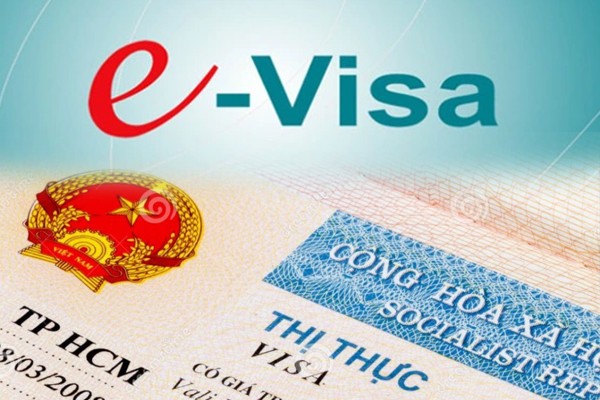
FAQs about Vietnam Immigration and Visa Requirements
- Do I need a visa to enter Vietnam?
- Foreigners who want to enter Vietnam must first obtain a visa unless they are from a visa-exempt country or are eligible for a visa on arrival.
- How long does it take to process a Vietnam visa application?
- The processing time for a Vietnam visa application varies depending on the type of visa and the method of application. Generally, it takes 3-5 business days for an e-visa and up to 7 business days for a visa at the embassy or consulate.
- Can I extend my Vietnam visa?
- Yes, you can extend your Vietnam visa for up to 3 months without leaving the country.
- What are the requirements for a Vietnam visa application?
- The requirements for a Vietnam visa application vary depending on the type of visa and the method of application. Generally, you need your passport, completed application form, and visa fee.
- What is a visa run?
- A visa run is when you leave the country and re-enter to obtain a new visa. This option is common among foreigners who want to remain in Vietnam for longer periods but are not eligible for visa extensions or renewals.
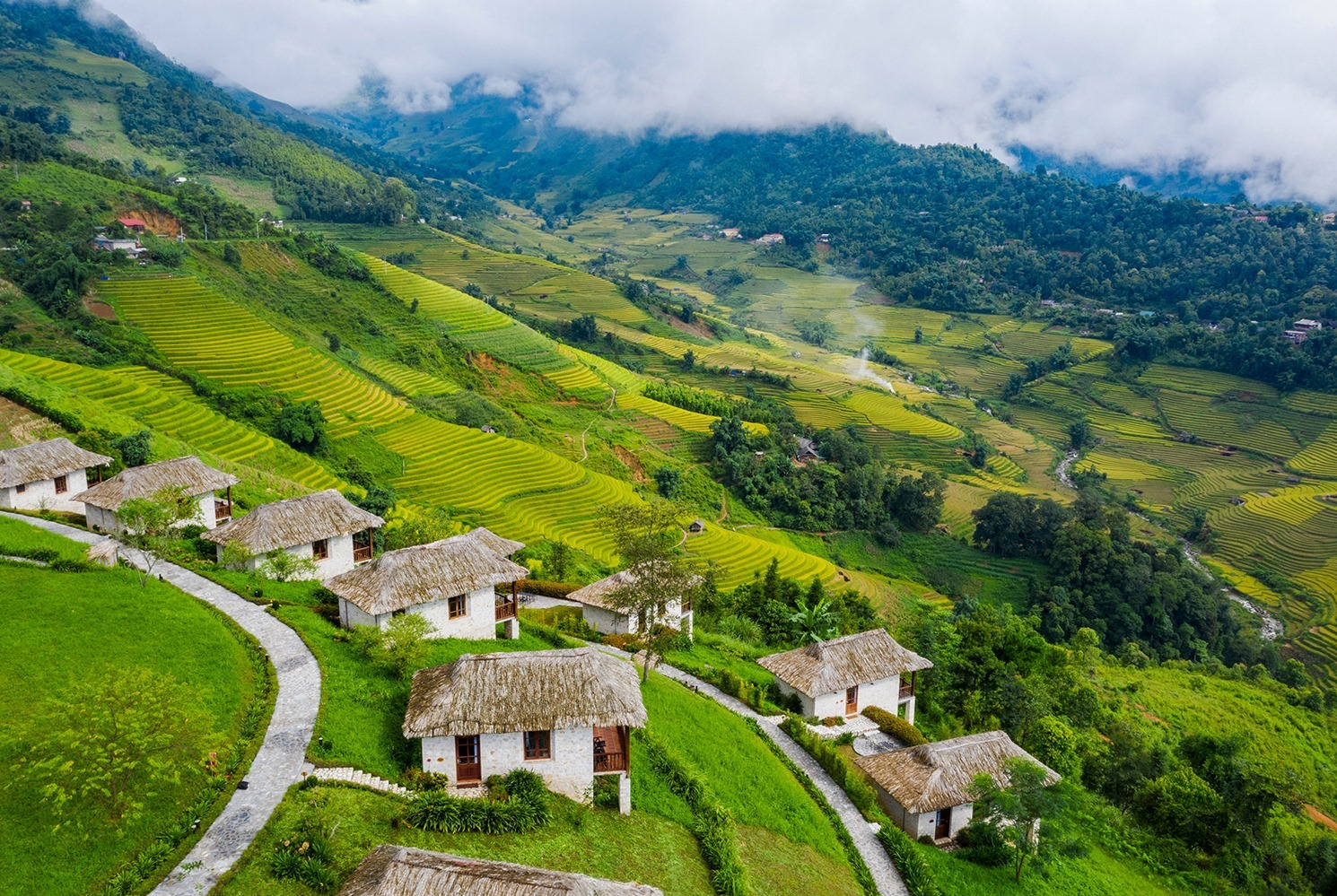
Conclusion
Vietnam has become a popular tourist destination in recent years, and understanding their immigration and visa requirements is an essential part of planning your trip. Whether you’re applying for a Vietnam visa online or at the embassy or consulate, following the guidelines and tips inthis guide can help make your application process smoother and more successful. Remember to apply for your visa well ahead of your travel date, prepare all necessary documents, and choose the application method that suits your needs best. With these tips and information, you’ll be ready to explore all the beauty and wonders that Vietnam has to offer.

I’m from nepal and I’m currently working in South korea .AM I eligible to get tourist visa.